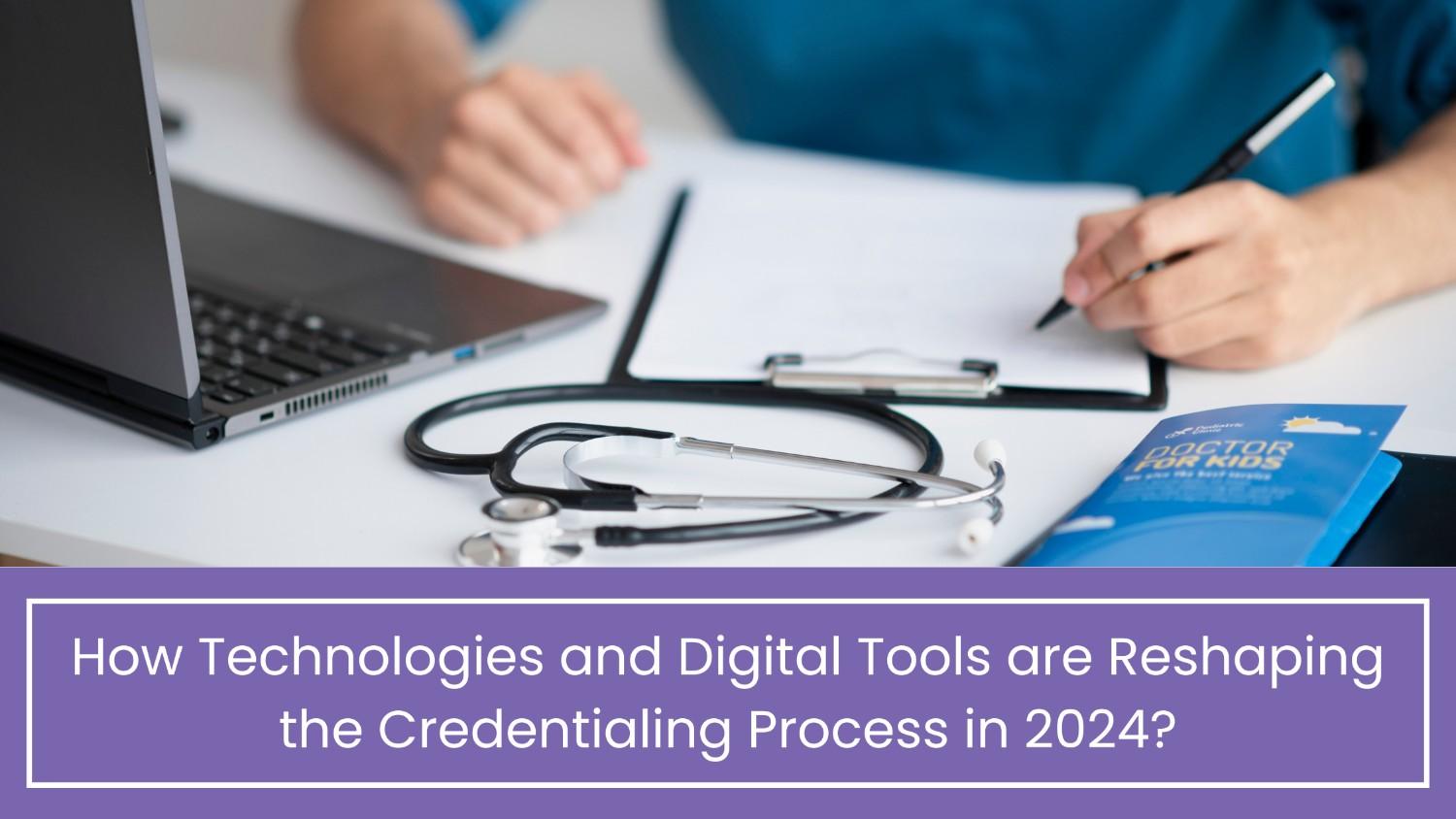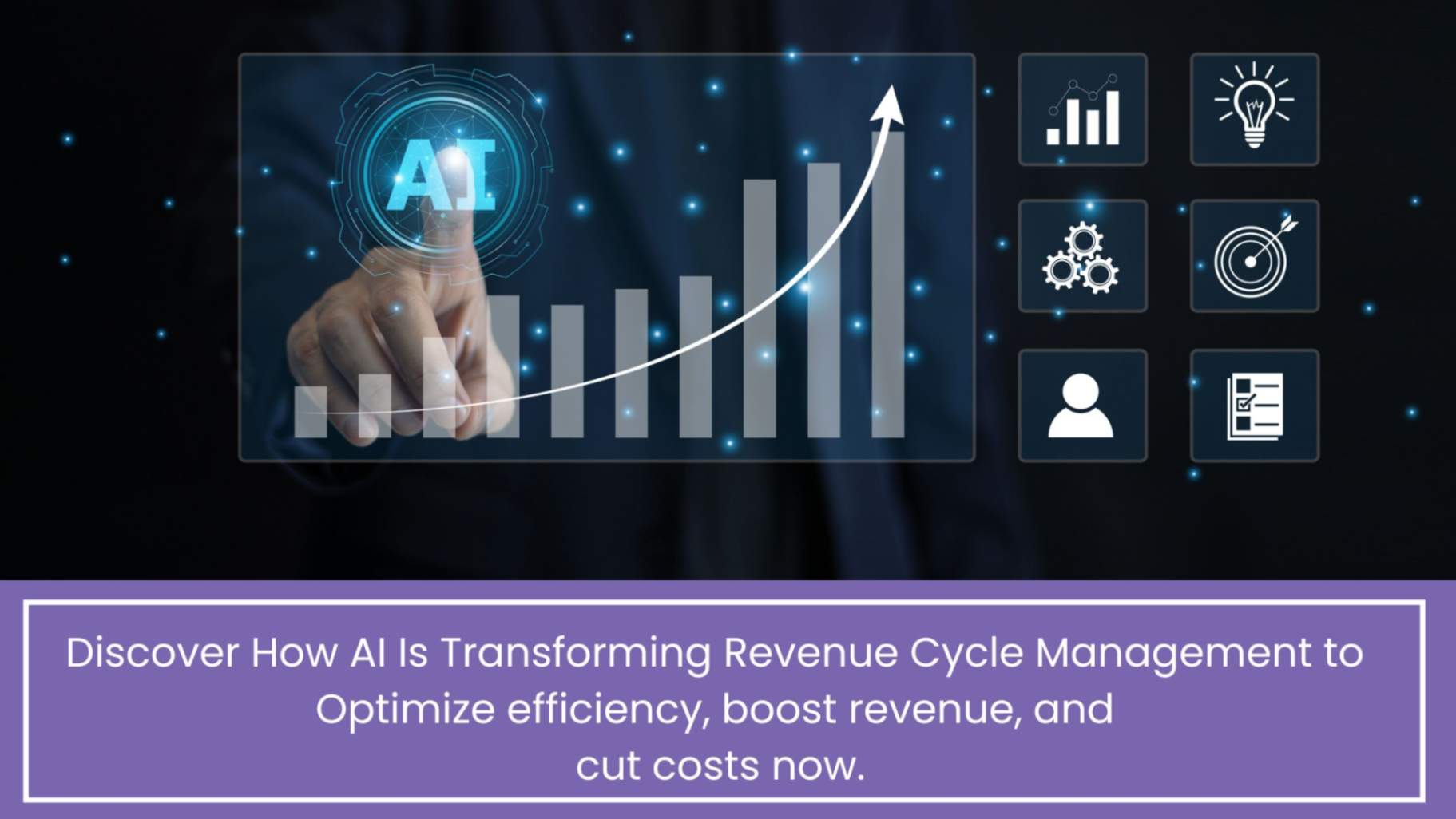How Technologies and Digital Tools are Reshaping the Credentialing Process in 2024?
In the rapidly evolving landscape of education and professional development, technology and digital tools have become instrumental in reshaping the credentialing process. As we delve into 2024, the intersection of advancements in technology and the credentialing sphere is more pronounced than ever, influencing how individuals showcase their skills and qualifications. This blog explores the transformative impact of technology on credentialing, highlighting key trends and innovations that are shaping the landscape.
Table of Contents
The Digital Transformation of Credentialing Process
Blockchain Technology:
Blockchain has emerged as a game-changer in credentialing, offering a decentralized and secure way to store and verify qualifications. In 2024, institutions and certification bodies will increasingly adopt blockchain to issue and verify credentials. The immutability and transparency of blockchain not only reduce the risk of fraud but also streamline the verification process, making it more efficient for employers and educational institutions.
Digital Badges and Micro-Credentials:
The traditional degree-centric approach to credentialing is giving way to a more granular and modular system. Digital badges and micro-credentials allow individuals to showcase specific skills and achievements, providing a more detailed and dynamic representation of their capabilities. Platforms offering these digital badges are gaining popularity, enabling learners to accumulate a diverse set of credentials that reflect their evolving skill set.
Artificial Intelligence in Credential Evaluation:
Artificial Intelligence (AI) is revolutionizing the credential evaluation process. In 2024, AI-powered tools will be used to analyze and assess academic transcripts, work experience, and other qualifications. This will not only expedite the evaluation process but also ensure a more objective and standardized approach. AI algorithms can identify patterns and trends in credentials, offering a deeper understanding of an individual’s competencies.
E-Portfolios and Digital Resumes:
The traditional paper resume is evolving into a dynamic and interactive e-portfolio. In this digital era, individuals are leveraging online platforms to create comprehensive digital resumes that include not only academic achievements but also projects, certifications, and multimedia elements showcasing their work. This shift towards e-portfolios provides a more holistic view of an individual’s capabilities.
The Role of Technology in Accessibility and Inclusivity
Remote Proctoring for Exams:
As remote learning and online assessments become more prevalent, ensuring the integrity of exams is crucial. In 2024, advanced remote proctoring technologies are employed to monitor exams securely. AI-driven proctoring tools can detect anomalies in a test-taker’s behavior, ensuring the credibility of online assessments and making education more accessible to a global audience.
Language Translation for Global Recognition:
Breaking down language barriers is essential for global recognition of credentials. Language translation tools integrated into credential evaluation processes facilitate a more inclusive approach, allowing individuals from diverse linguistic backgrounds to have their qualifications recognized on a broader scale.
Challenges and Considerations
Data Security and Privacy Concerns:
With the increasing reliance on digital platforms for credentialing, concerns about data security and privacy come to the forefront. In 2024, there is a heightened focus on implementing robust security measures and ethical practices to safeguard sensitive information from unauthorized access and misuse.
Equity in Access to Technology:
While technology enhances accessibility, it also brings attention to the digital divide. Ensuring equitable access to technology becomes a critical consideration. Institutions and credentialing bodies need to address this gap to ensure that individuals from all socio-economic backgrounds can benefit from digital advancements in credentialing.
Future Trends and Innovations
Augmented Reality (AR) in Skill Demonstrations:
Looking ahead, Augmented Reality (AR) is poised to play a significant role in credentialing. AR can be utilized to create immersive skill demonstrations, allowing individuals to showcase their abilities in a simulated environment. This not only enhances the credibility of credentials but also provides a more engaging and interactive experience for evaluators.
Integration with Emerging Technologies:
The credentialing process is likely to integrate with emerging technologies such as the Internet of Things (IoT), 5G connectivity, and Extended Reality (XR). These integrations can offer new dimensions to credential representation, allowing for real-time updates, interactive experiences, and enhanced connectivity between credentials and the evolving landscape of work and education.
In 2024, the synergy between technology and the credentialing process is reshaping how individuals present their qualifications and how institutions evaluate them. From blockchain securing credentials to AI revolutionizing evaluation, the digital transformation in credentialing is driven by a pursuit of efficiency, transparency, and inclusivity. As we navigate this evolving landscape, it is imperative to address challenges, uphold ethical standards, and ensure that technological advancements contribute to a more accessible and equitable credentialing ecosystem.
In the midst of this technological revolution in credentialing, Practolytics is at the forefront, pioneering innovative solutions that seamlessly integrate with the evolving landscape. Our commitment to advancing credentialing processes aligns with the transformative trends discussed above. Leveraging cutting-edge technology, we empower institutions and individuals alike to navigate the credentialing journey efficiently. Practolytics is dedicated to ensuring a secure and streamlined experience in this digital era, emphasizing the importance of data integrity and privacy. As a catalyst for positive change, Practolytics envisions a future where technology enhances accessibility and inclusivity in credentialing, contributing to a more connected and dynamic professional and educational ecosystem.
ALSO READ – Navigating the Cyber security Landscape in Healthcare Coding in 2024
Talk to Medical Billing Expert Today — Get a Free Demo Now!






